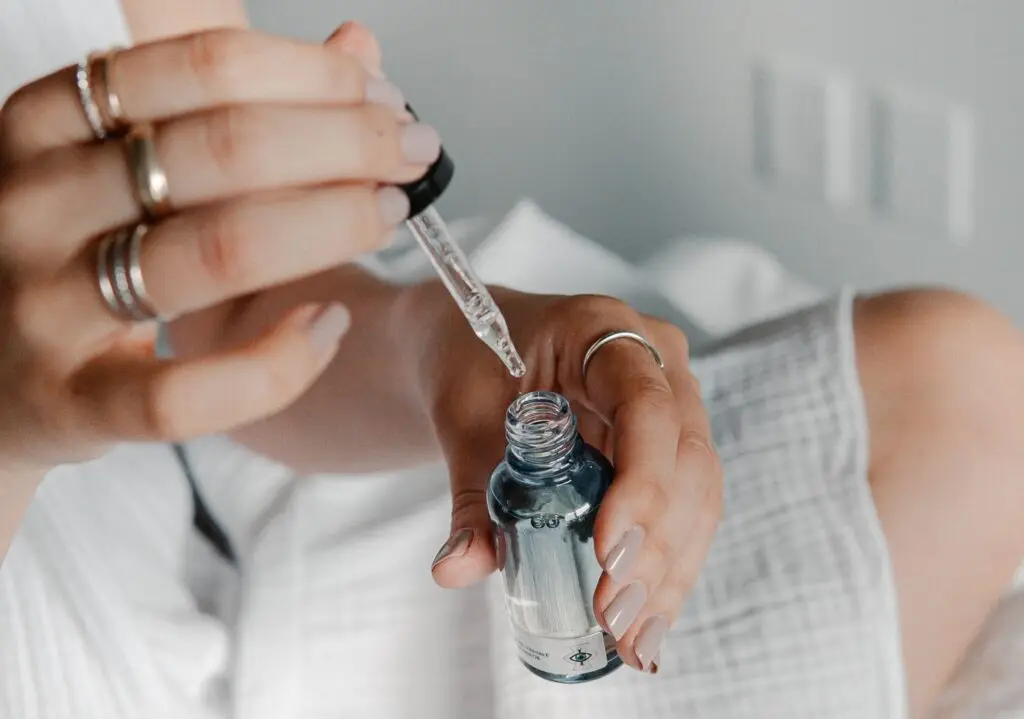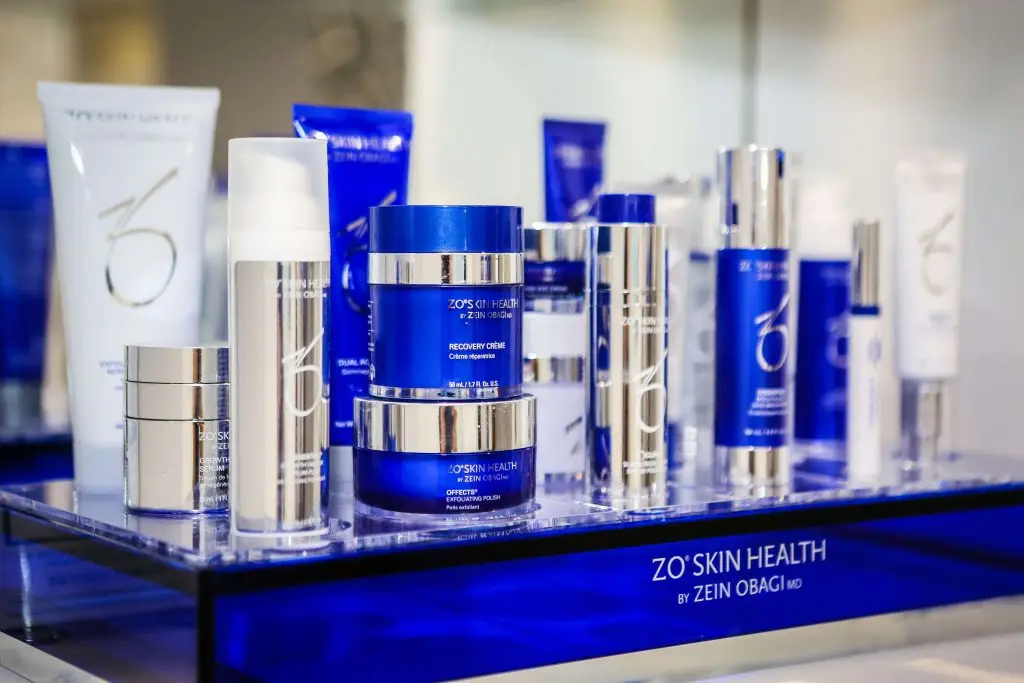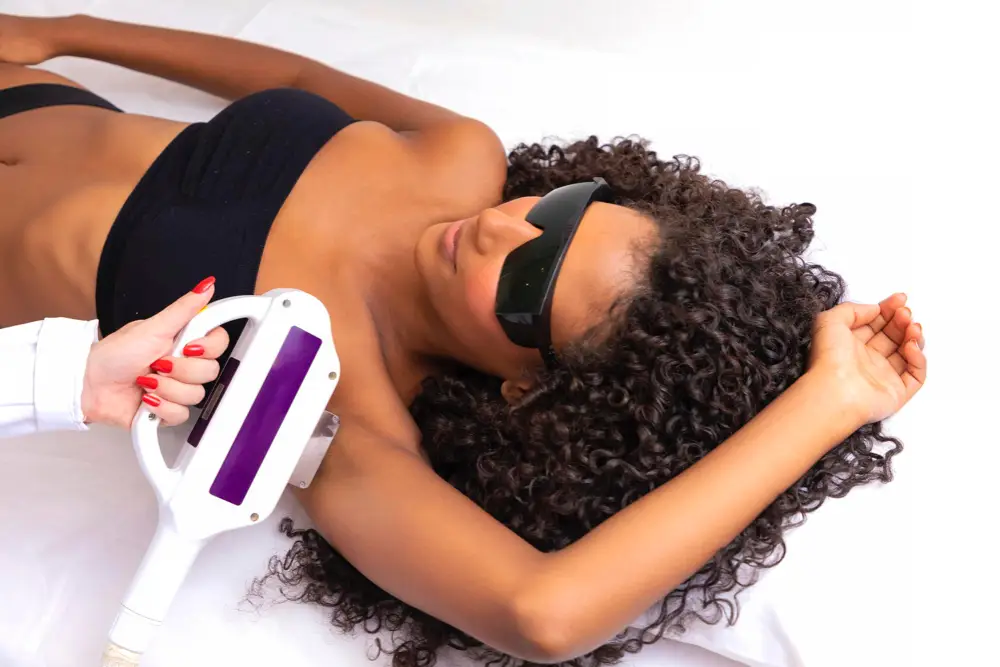Hyaluronic acid is a natural substance found in the fluids in the eyes and joints. It acts as a cushion and lubricant in the joints and other tissues.
Here’s what it does:
- Hydration: Hyaluronic acid has a unique ability to hold up to 1000 times its weight in water, making it incredibly effective at hydrating the skin. When applied topically, it draws moisture from the environment into the skin, helping to keep it plump, smooth, and well-hydrated.
- Skin Barrier Support: Hyaluronic acid plays a crucial role in maintaining the skin’s barrier function, which is essential for protecting against environmental aggressors, pollutants, and irritants. By keeping the skin hydrated, it helps to strengthen the skin barrier, keeping it healthy and resilient.
- Plumping Effect: One of the noticeable benefits of hyaluronic acid is its ability to temporarily plump up the skin, reducing the appearance of fine lines, wrinkles, and dehydration lines. This can give the skin a smoother, more youthful appearance.
- Compatibility: Hyaluronic acid is well-tolerated by most skin types, including sensitive and acne-prone skin. It’s lightweight, non-comedogenic, and unlikely to cause irritation, making it suitable for a wide range of individuals.
Does hyaluronic acid lighten skin?
While hyaluronic acid does not explicitly lighten hyperpigmentation in skin, small molecule sizes of hyaluronic acid can penetrate deep into the skin and hydrate the systems responsible for collagen synthesis. – One Skin
People also commonly take hyaluronic acid by mouth and apply it to the skin for UTIs, acid reflux, dry eyes, wound healing, aging skin, and many other conditions, but there is no good scientific evidence to support most of these other uses. – Web MD


